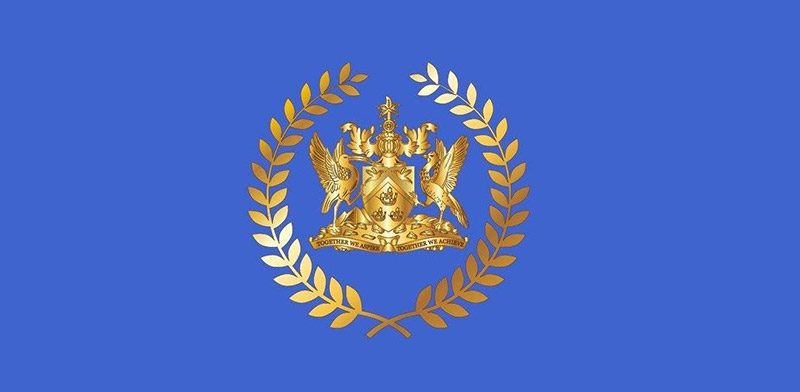The International Day of the World’s Indigenous Peoples promotes the rights, dignity and protection of the estimated 476 million indigenous persons living in 90 nations across the globe. Indigenous peoples are our primary connections to the earliest periods of human history, having passed on many unique traditions and practices from generation to generation.
The arrival of Christopher Columbus in 1492 to the New World brought about the rapid decline of indigenous civilisations from the ravages of disease, exploitation, and oppression. The persecution of indigenous peoples has persisted well into the 21st century, with many communities in our neighbouring countries facing displacement, neglect, poverty and discrimination. According to the United Nations, indigenous peoples are nearly three times as likely to be living in extreme poverty compared to their non-indigenous counterparts.
It is therefore critical for nations to address the long-standing issues faced by their indigenous peoples, particularly in light of the novel coronavirus pandemic. Access to information, healthcare and other essential services must be provided so that these vulnerable communities can withstand the spread of this virulent disease and avoid a repeat of their near-annihilation centuries ago.
Trinidad and Tobago is home to a well-established and vibrant indigenous community. Although our First Peoples do not share some of the challenges faced by indigenous communities in other nations, they have long advocated for greater respect and recognition of their role in our history and current social landscape. Their efforts have resulted in a wider appreciation for the indigenous community, including the celebration of a one-off holiday in October 2017 and the reinternment of indigenous remains at the site of the Red House.
As we stand in solidarity with indigenous persons around the world who continue to fight for an end to discrimination, injustice, and marginalisation, let us honour and support our first peoples so that their sacrifices and experiences remain alive in the national consciousness.



